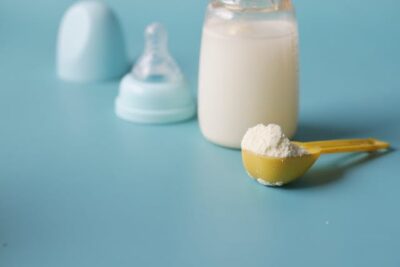If you have a regular workout routine, then you may already know that the recovery stage is a normal part of maintaining strength and fitness. Recovery allows you to perform better and to continue improving. However, you may want to speed through the phase if you are like most. While your body is responsible for your recovery time, you can support it.
What Can You Do for Inflammation?
Inflammation is normal after a workout. As your body enters the recovery phase, your body activates the immune system and sends out inflammatory cells. While this system is critical for muscle and tissue repair, you can also aid your body in controlling it.
Supplement Use
Supplements include minerals, vitamins, and herbal products. In general, many supplements are health-friendly additions to a positive lifestyle routine. Some supplements can have anti-inflammatory uses.
Depending on your situation, liver support supplements may be the way to go. Herbal and active ingredients in these supplements often include Olivol, green tea extract, curcumin, alpha-lipoic acid, and choline. They can support natural liver cleansing and detoxifying processes and antioxidant processes.
Try to schedule your supplement use and remember to include them on rest and workout days.
Hydration
Dehydration can increase inflammation in the body. Drinking plenty of water is the optimal way to stay hydrated after a workout. Try to aim for between 91 and 125 ounces of water daily. Remember that you should always spread your water intake throughout the day. It does not help to drink a large amount of water at once because your body cannot absorb it all. Most of the water passes through you. Instead, sip on water throughout the day to reap the benefits.
You can also meet your hydration goals by eating different fruits and vegetables. Some fruits with a lot of water content include cantaloupe, strawberries, watermelon, and grapefruit.
Nutrition
There are various ways you can use your diet to fight inflammation. First, avoid foods that cause an inflammatory response, like refined carbs, soda, red meat, french fries, and margarine. While you may want to focus on anti-inflammatory foods during recovery, it helps to consistently maintain a diet of foods rich in vitamins and nutrients.
Some anti-inflammatory foods include:
- Olive oil
- Tomatoes
- Nuts
- Green leafy vegetables
- Fruits
- Fatty fish
Following a workout, you do need to keep your strength up with nutritionally dense foods. Prepare meals utilizing whole foods, rather than processed ones.
How Can You Support Recovery?
If you do not want to linger in the recovery phase for too long, there are actions that you can take. Remember that everybody is different and your process does not have to resemble anyone else’s.
Listen to Your Body
Your body will send you signals about how you should treat it after performing any high-intensity workout. The signs your body gives you can let you know if you need to push yourself harder or if you need to hold back.
Change your workouts throughout the week so you do not risk overworking one muscle group. If you spend all your time on strength training, you can wear out faster. Give your body challenges, but also give it variety.
Sleep As Necessary
Forget the idea that sleeping makes you lazy. If you want to maintain your exercise routine, you have to give yourself optimal time to rest. If you find yourself tired throughout the day, you won’t be able to handle a strenuous workout routine. Additionally, if you don’t sleep between seven and nine hours every night, you will struggle with recovery.
Your body undergoes various biological processes while you sleep, including repairing cells, restoring energy, and ridding toxic waste.
Stay Positive Throughout Recovery
Remember that recuperation is a natural and normal part of staying physically fit and active. Your performance depends on your ability to recover and rest following a workout. Once you have an established workout routine, you will notice signs of a cycle with various phases, including the rest and recovery phases.
Related Post:







